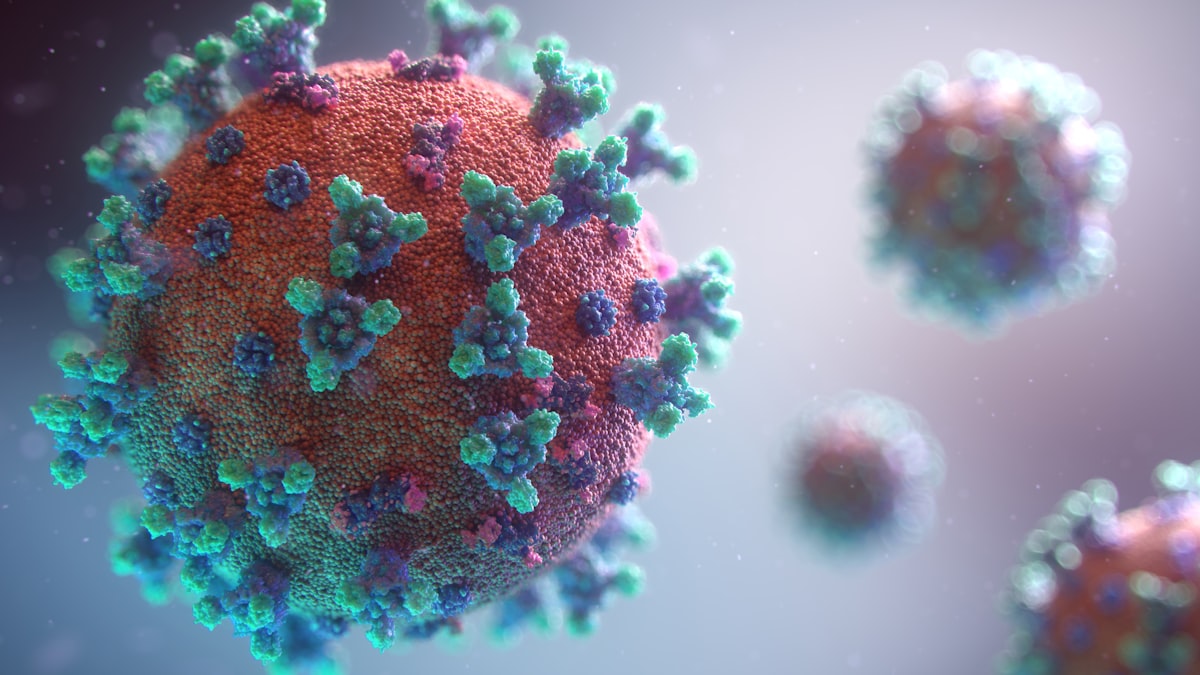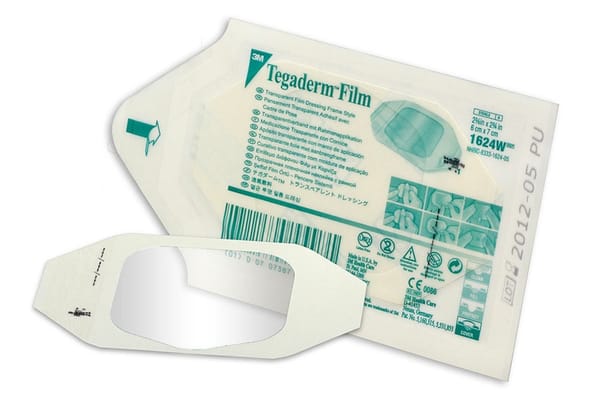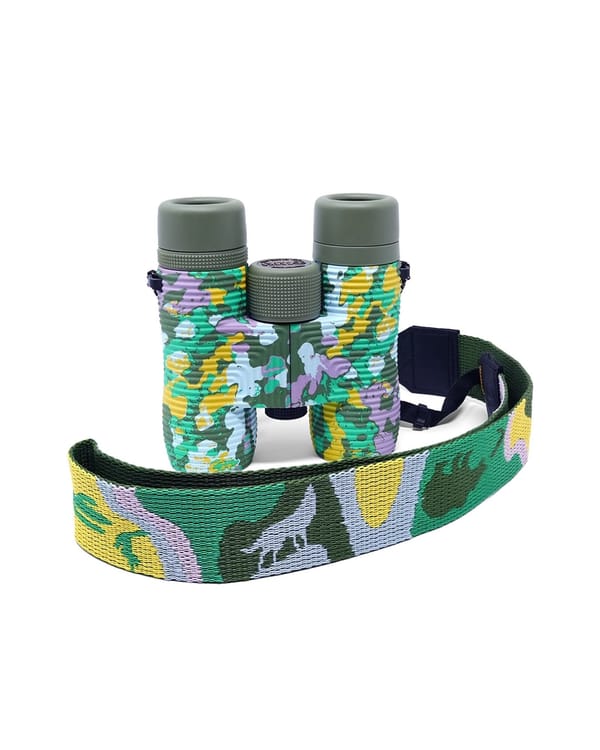Rapid COVID-19 Tests Are Getting Less Rapid
Explore the reasons behind delayed COVID-19 test results, including immunity and variant adaptations, and learn updated testing guidelines.

As winter brings a resurgence in COVID-19 cases, self-testing has become increasingly vital. Yet, many are noticing a perplexing trend: a delay in positive results from rapid tests, even with prevalent symptoms. This change, highlighted by health experts, can be attributed to factors like acquired immunity and the evolution of the virus.
Immunity Influencing Test Timelines
Previously, rapid COVID-19 tests typically showed positive results within a day or two of symptom onset. Now, it's common for positive results to appear only after four days. This shift is likely due to accumulated immunity in individuals, either from vaccinations or previous infections.
FYI
— Michael Mina (@michaelmina_lab) January 11, 2024
COVID tests take longer to turn positive after symptoms start
But nothing changed w test ability to detect new virus
What changed is we have existing immunity —> makes symptoms start v fast after exposure before the virus grows up
See my pinned tweet too. (Will add… https://t.co/b2KozCxfIn
Michael Mina points out that existing immunity might trigger symptoms rapidly post-exposure, even before viral loads peak. Additionally, rapid tests, initially designed for earlier COVID-19 variants, might require more virus samples for newer variants to detect a positive result.
I find this particularly interesting. I've had two instances this fall/winter of a quick onset sickness (aches, fever, chills, light cold like symptoms, and generalized lung "weirdness") where the symptoms came on very fast, waned after 12 hours and subsided completely within 48. COVID tests have both times come out negative, but I didn't retest at 48 hours or 4 days.
Updated Testing Recommendations
The CDC advises immediate testing upon experiencing COVID-19 symptoms. If the first rapid test is negative, a follow-up test is recommended after 48 hours. Persisting symptoms beyond four days warrant another test. For more accurate results, individuals can opt for a lab-based PCR test, which has a higher sensitivity compared to at-home rapid tests.
Precautionary Measures
With hospitalizations on the rise, health experts like Nadia Roan from UCSF suggest maintaining caution through high-quality masks, staying updated with vaccinations, and self-isolation if unwell. This comprehensive approach, bolstered by our expanded pandemic toolbox, is essential in managing the ongoing COVID-19 challenges.
This understanding of the nuances in COVID-19 testing is crucial as we navigate the evolving landscape of the pandemic. By staying informed and adaptable, we can better protect ourselves and our communities.





